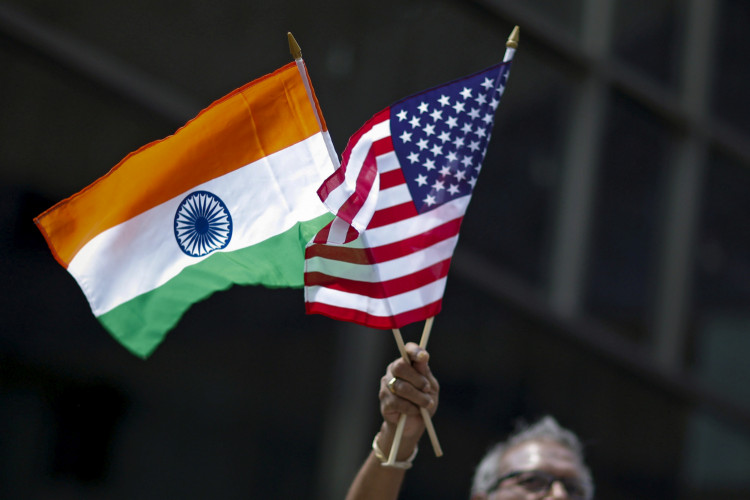New Delhi, the following suit after Beijing, refuses to back down in the U.S.-initiated trade spat that started after the White House suspended Indian trade privileges earlier this month. Analysts said the trade security alliance between both sides could be at risk under the circumstances.
Multiple outlets reported that India has finally hit back after its privileges under the 43-year-old Generalized System of Preferences (GSP) was retracted by the United States. Deutsche Welle reported that the escalating trade spat could put a huge thorn in trade security.
While the tariffs that took effect on Sunday morning only amount to around $1.4 billion in American goods, some analysts noted that the figures could increase as India and the U.S. are poised for a trade war potentially as extensive as the existing China-U.S. trade war.
U.S. Secretary of State Mike Pompeo is scheduled to meet his Indian counterpart Subrahmanyam Jaishankar later this month for potential negotiations regarding the preferential privileges and the tariffs.
The trade spat is still a long way before it becomes a full-blown trade war but some economists said if Pompeo and Subrahmanyam fail to strike some sort of a deal during the upcoming meeting, things could get worse.
India is the world's second most populous country after China and over the last decades, it has been an ally of the United States in many aspects, including trade and goods exchange. However, the U.S. said Indians export more than they import, resulting in a significant trade deficit.
Some Indian economic experts believe New Delhi's move was "a strategic miscalculation. According to CNN, India Head at Oxford Economics Priyanka Kishore wrote on Monday that India's hardline stance "may do more harm than good."
Other analysts said the move could backfire instead of pushing the U.S. to ease up on the GSP agreement. However, some economic and diplomatic experts are all for India's harder stance against the U.S.
They noted that the tariff slap-back on Sunday was a representation of Indian Prime Minister Narendra Modi's willingness to transition to a stronger administration following his 2019 re-election.
It remains to be seen if the White House will respond to New Delhi's tariff impositions but some political experts have expressed full support for the decision of Modi's second regime to send a strong message to Washington.
Experts have urged the Indian government to make sure the U.S. does not place a new round of restrictive barriers to Indian businesses and groups aiming to go global or are already supplying international markets.






